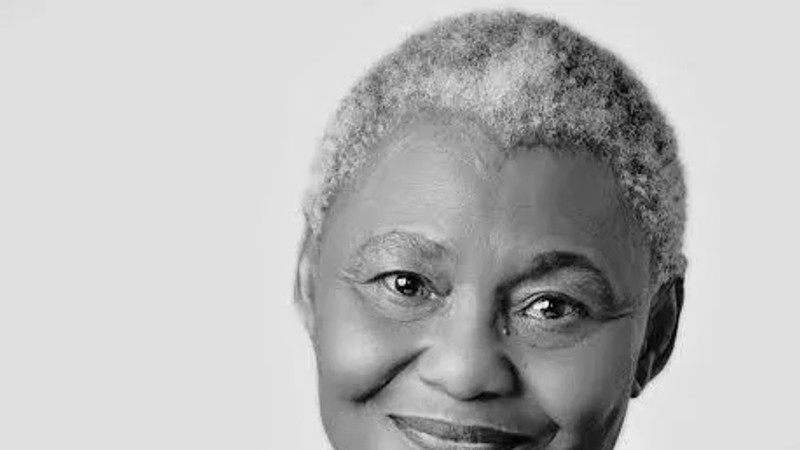While South Africa is mourning the loss of veteran actress Nandi Nyembe, who passed away at the age of 75, her passing raises another important conversation around palliative care.
For fans, Mam’ Nandi was a beloved figure on screen.
From “Yizo Yizo” to “Isibaya” and “Soul City”, she embodied characters that reflected the complexities of South African life. Yet, beyond her roles, she also lived the realities of ageing and illness in an industry that often celebrates youth but rarely provides security for its veterans.
In her later years, Nyembe publicly spoke about her declining health. She faced diabetes-related complications and was open about the struggles of managing chronic illness while navigating financial hardship.
Like many older South African entertainers, she did not have the safety net of consistent medical aid or a pension fund to lean on.
It is in these circumstances that palliative care becomes critical not only for physical relief but also for emotional, spiritual, and social support. For Nyembe and her family, engaging with this kind of care was about restoring dignity during a time of vulnerability.
Palliative care explained
According to the Association of Palliative Care Centres (APCC), palliative care is not simply about end-of-life; it is about living well despite illness.
“Palliative care can and should begin at diagnosis, not just at the end,” says Warren Oxford-Huggett, accreditation manager at APCC.
“It helps patients and families cope with the day-to-day realities of life-threatening illness, from managing pain to dealing with the emotional weight of it all.
”Unlike hospital-focused treatments, palliative care is holistic. It involves doctors, nurses, social workers, and carers working as a team to support both the patient and their loved ones. In South Africa, most palliative care is home-based, meaning patients like Mam’ Nandi could receive care surrounded by the comfort of family.
Studies back up its importance. Research published in the NHI found that patients with early access to palliative care experienced less pain, reduced depression and anxiety, and a stronger sense of dignity.
For entertainers like Nyembe, who often spend decades giving themselves to audiences, such care allows them to finally receive the same level of compassion they once gave through their art. Oxford-Huggett explains:
“Palliative care is not about giving up hope; it’s about creating comfort and meaning during illness. People can move in and out of services as needed, and it doesn’t replace a patient’s doctor; it adds another layer of care.”
Nyembe’s openness about her challenges sheds light on a reality many South Africans may not see.
The entertainment industry, while glamorous from the outside, does not guarantee financial security. Actors often work contract-to-contract, with little access to retirement funds or medical coverage.
This makes the conversation around ageing and chronic illness in the arts especially urgent. Without the proper systems of care, many cultural icons face not only declining health but also financial and emotional strain.
Mam’ Nandi’s story is therefore not just personal; it is a mirror reflecting how we, as a society, support our elders in creative fields and beyond.
Common misconceptions about palliative care
To fully understand the kind of support available, it helps to clear up some myths:
- Myth: Palliative care is only for the dying.
- Fact: It can start at diagnosis and works alongside treatments like chemotherapy, dialysis, or surgery.
- Myth: You lose your doctor when you enter palliative care.
- Fact: Palliative teams work with your specialists and general practitioners, not instead of them.
- Myth: It only happens in hospitals.
- Fact: More than 90% of care in South Africa happens at home, making it more personal and less disruptive.
How to access palliative care in South Africa
- You can be referred by your doctor or reach out directly to an accredited hospice or APCC member.
- Services are often covered by medical aid, while many hospices also provide subsidised care through fundraising.
The process usually begins with an assessment of the patient’s medical and emotional needs, followed by a tailored care plan. Families are also included, receiving counselling and bereavement support when necessary.
As South Africa remembers Mam’ Nandi, we are reminded that illness and ageing are not just medical conditions but deeply human experiences. Her life shows us the importance of compassion and the need for broader awareness of palliative care in our communities.
For families currently caring for loved ones with chronic illness, Nyembe’s story is an invitation to seek help early and to see palliative care not as the end, but as a way of living with dignity, comfort and support.
